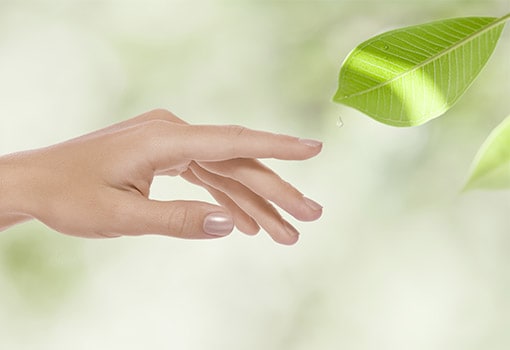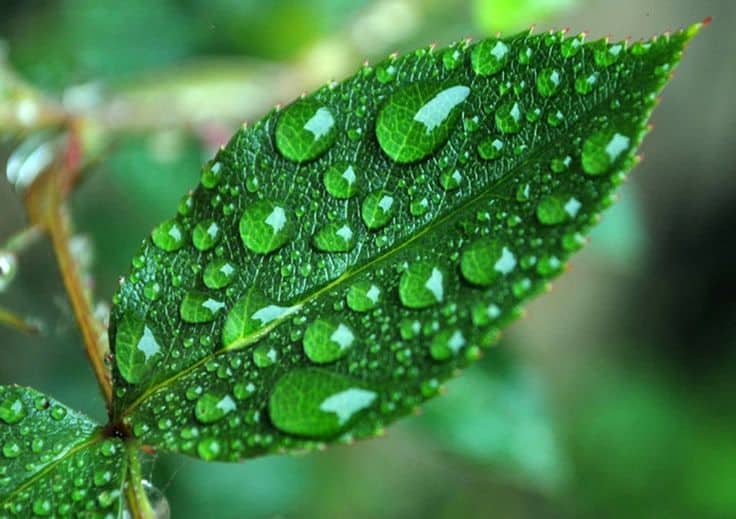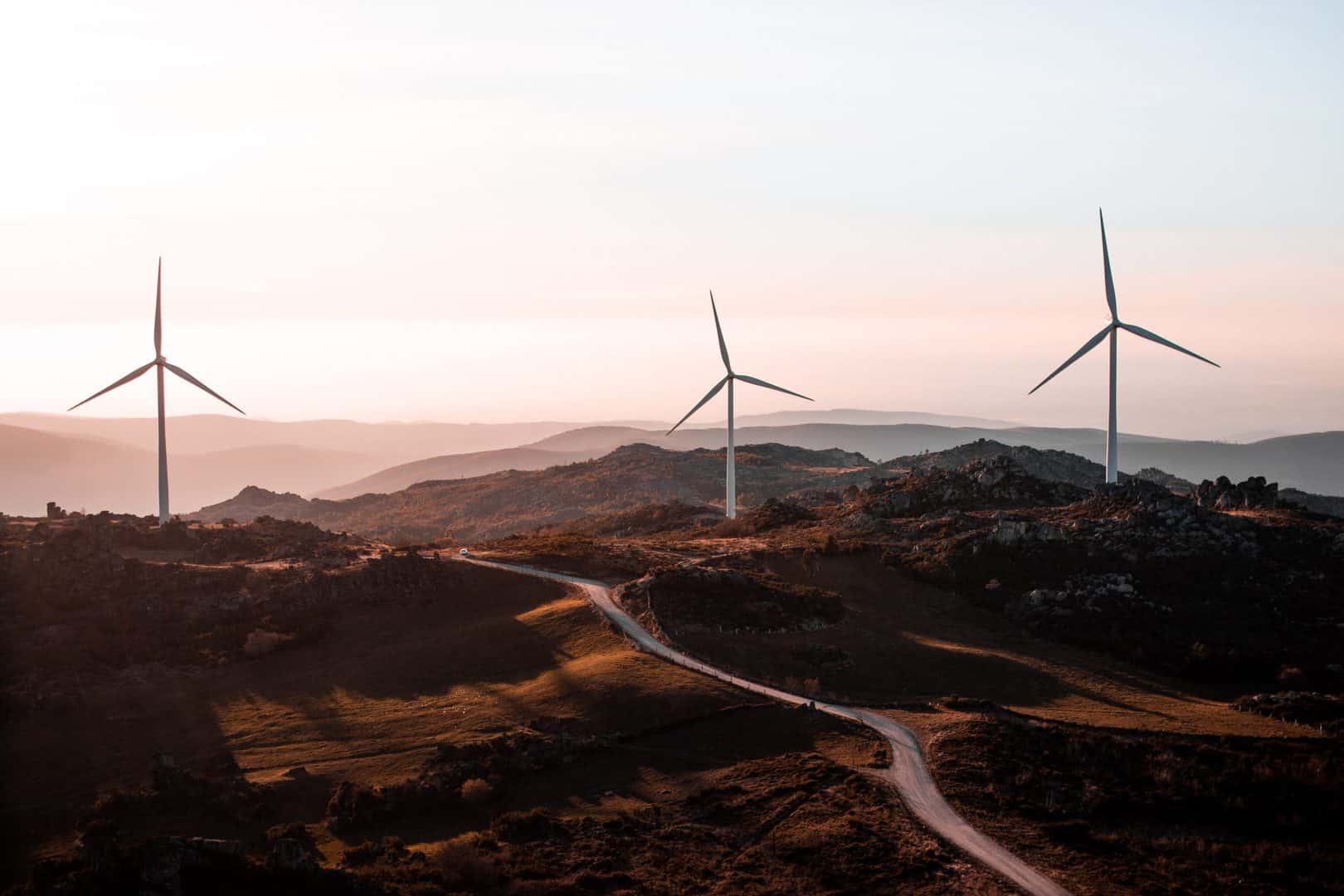Our skin ages like the rest of our bodies. It’s simply a part of getting older, even though we may not like it! What actually happens as our skin ages?
There are two key layers of skin—the epidermis and the dermis. The epidermis is the top layer of skin. It’s what you can see and touch. The dermis is below and contains sweat glands and hair follicles. More importantly, it’s also where your collagen and elastin are, which keep skin strong and thick.
Collagen and elastin provide structure for your skin. Therefore, they keep skin firm, plump, and young-looking. But as you get older, skin starts to sag and gets thinner. You begin to see wrinkles because your body starts producing less collagen and elastin.
Surprisingly, skin starts aging fairly early. You probably won’t see wrinkles at 25, but the process is already beginning on the inside. After the age of 20, we begin losing collagen each year. Other factors, like sun damage, genetics, lifestyle, and the environment, can speed up skin aging.
what other factors cause skin aging?
Radiation from the sun is the main cause of early aging. If you sit in the sun without wearing sunscreen, you’ll get sun damage. This damage breaks down collagen and elastin. Genetics can play a role too. People with very fair skin are more at risk to sun damage.
Smoking also ages your skin. The chemicals from smoking damage and weaken skin’s collagen and elastin. In addition, it also reduces the flow of blood to your skin. Therefore, your skin doesn’t get enough oxygen. There’s also evidence that air pollution can lead to aging.
so, what can be done?
Prevention is the best approach. Wear sunscreen every day to protect your skin from the sun. Don’t smoke and make sure to eat a healthy diet. Also, get enough sleep, water, and exercise. As for those already visible wrinkles? Get into a healthy skin routine. That includes using a good anti-aging moisturizer every day. Your body needs a healthy living routine and so does your skin!
Sources: Scientific American, ABC News, Mayo Clinic













